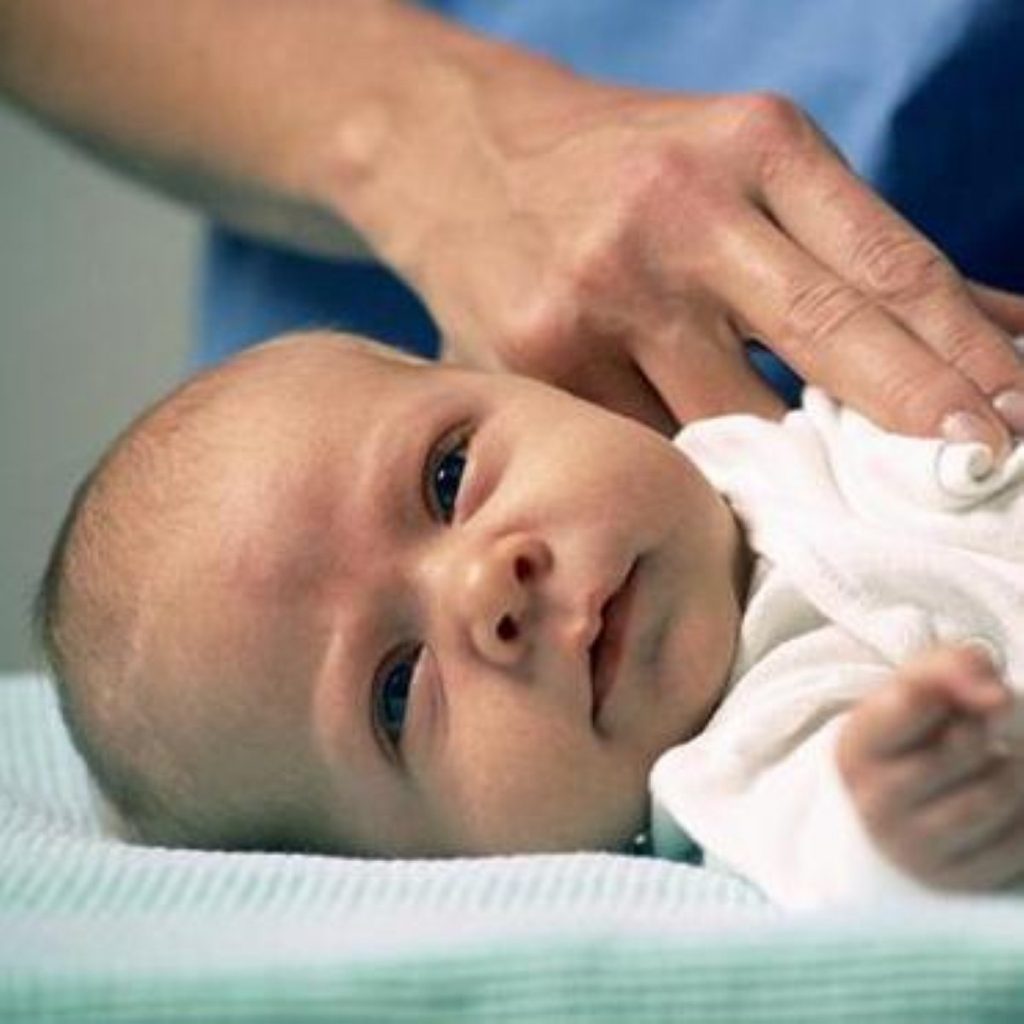Govt set to miss child poverty targets
By politics.co.uk staff
The government will miss its targets to tackle child poverty by 600,000 unless it dramatically increases its spending, a report claimed today.
The news has prompted calls to invest in low income families, which some say will not only help those in need but stimulate the economy.
Chief executive of Child Poverty Action Group, Kate Green, said investing to prevent child poverty was one of the best forms of fiscal stimulus.


“It can be done quickly through tax credits and benefits, and it supports immediate spending in the grass roots of the economy,” said Ms Green.
“The report shows that the need to act on child poverty as we enter recession is more compelling than ever.
“Britain simply cannot afford the human and economic costs of child poverty levels much higher than our European competitors.”
The report was commissioned by the Joseph Rowntree Foundation and carried out by the Institute of Fiscal Studies and Essex University.
It estimated the government would have to spend £4.2 billion extra on tax credits for low-income families in order to hit their target of halving child poverty by 2010/11.
Liberal Democrat work and pensions spokesman Steve Webb said rising unemployment had exposed the meanness of the benefits system.
“This recession will hurt all families, especially the many that will lose jobs,” he said.
“In the short-term, tackling child poverty means making sure that families on benefits are not forced to live below the poverty line.
“In the long-term, the underlying causes of poverty must be tackled by investing in education for the most disadvantaged by introducing the pupil premium.”
Shadow chief secretary to the treasury, Phil Hammond, said: “This shows the scale of the challenge that the Government faces in attempting to meet its target of halving child poverty by 2010 – and it exposes the fundamental failings of Gordon Brown’s approach, which has been to tackle the symptoms of poverty instead of its causes.”












